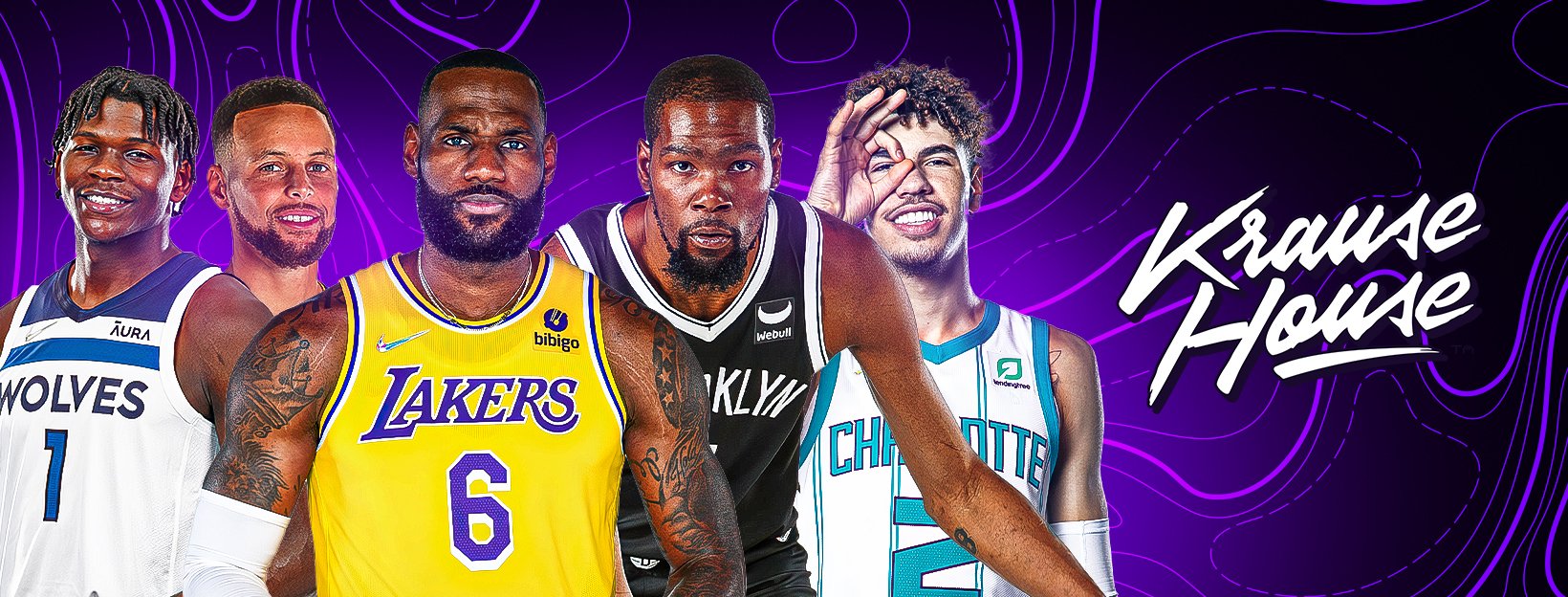The Importance of a Personal Website For an Athlete
Written by DEDE wright-demarian, Marketing apprentice
When you think of a website, what comes to mind is that schools, organizations, companies, brands, and freelancers all have one. Athletes are not as commonly associated with having a standalone website. But it’s important to remember that — as an athlete — you are always building a personal brand (whether you know it or not).
A website is a digital home that can provide information (and control of it), engagement, and revenue. These four components can boost an athlete to new heights off the field of play. This is why it’s so important for athletes to have their own website.
A Hotspot For Information
Finding information on an individual can be difficult and time-consuming — and not always return accurate results. By having your own website, the hassle of finding information about you is lessened — since your website provides it one place — and the information middleman is cut out. Your stats, bio, upcoming events, and much more can be provided directly, allowing fans, the media, and potential sponsors or partners to find out more about you — as an athlete and as a brand.
Athletes Are In Control
By having a website, you have the power of complete control over the information you’re sharing and the image projected. As an athlete, your voice is important and your website is where it can shine, with the freedom to express yourself authentically and genuinely. For example, say you’re passionate about pottery — but it’s never come up in interviews. This is the place where you can get this information out to the world. Sharing your passion for pottery not only humanizes you but could also attract another audience to your brand.
You own your information, you own your content, and you own your narrative. Although social media can oftentimes be considered as having your own mini-blogs, the sites themselves are not guaranteed to stay afloat. And you don’t actually own your accounts; at any time they can be suspended or deleted. A website and dedicated domain give fans a place to go if social media variables go in an unexpected direction.
Controlling your narrative is important. Misinformation can be countered, public announcements made. You can use your site to share press releases and any information you share with the public becomes more credible because it’s coming from, as they say, the horse’s mouth.
Websites Provide Valuable Fan Engagement
A website delivers transparency between athlete and fans. Any fan can access photos, stats, and whatever else you decide to provide. Fans can create a stronger relationship with your brand, including exclusive content. It’s the perfect hub for new fans to explore your history and current passions, any charities you support, and serve as a way to get them connected to other platforms you’re active on. Having easy access to so much information will make fans more likely to continue engaging with your site, creating valuable site traffic. Your social equity can increase as fan engagement rises, increasing the worth of your athletic brand.
Websites Can Bring In Revenue and Sponsorships
When the elements of a good webpage work together — information, control, and fan engagement — it can bring in revenue and sponsorships. Given the hours of hard work and years of commitment, not all athletes are actually paid all that much — or at all in some cases. Equipment and travel expenses for many athletes means depending on crowdfunding and sponsorships.
With a website, you can create content to share on your crowdfunding link. For potential sponsors, your website gives them a view of who you are, what you stand for, and how to contact you. A personal site is a piece of digital marketing, so having one shows potential sponsors that you already have a knack for it. You can use your website to also sell products related to your personal brand and, by adding a subscription option, you can create a marketing funnel.
It’s important for an athlete to have a personal website because it opens doors that general media coverage does not. It gives an athlete complete autonomy in crafting their image and career outside of their athletic career. It’s important to take matters into your own hands. To not be seen just as a player, but as a broader brand that fans and potential sponsors are willing to invest in. With a personal site, you are able to share information and content that reflects that goal.
Fred VanVleet wearing his personal clothing brand FVV
via @fredvanvleet









